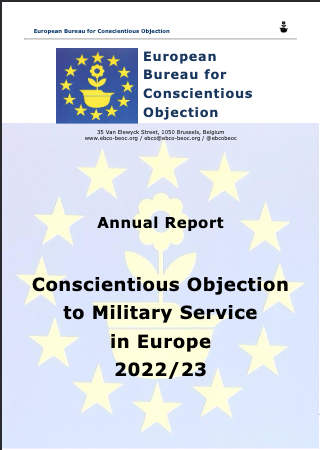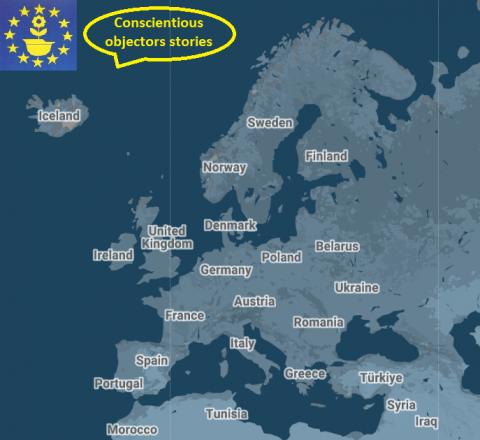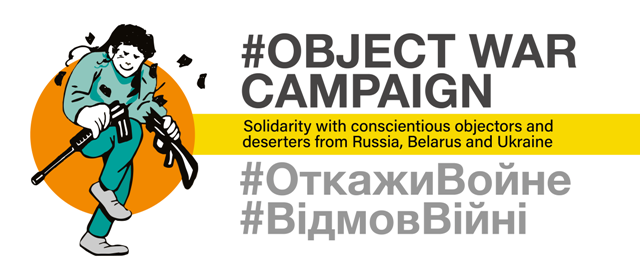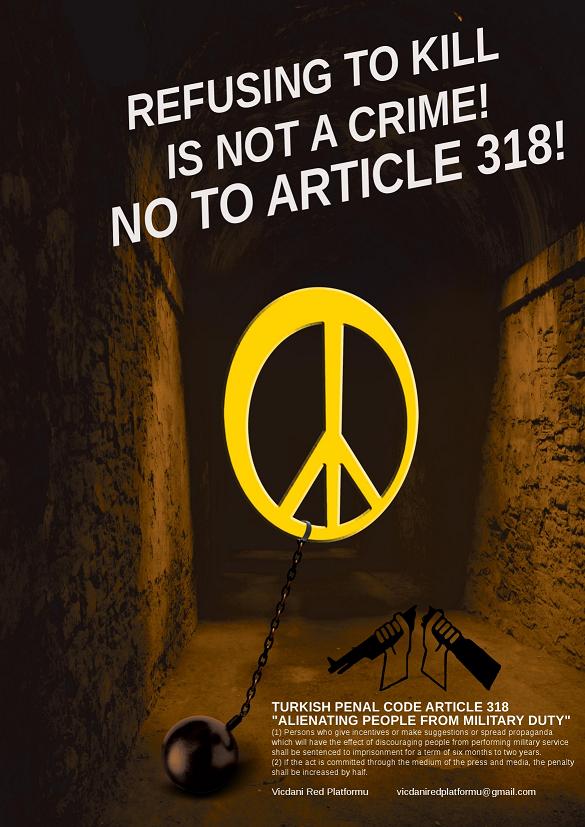The Greek Government should fulfill its promises concerning conscientious objectors' human rights
Brussels, 20 March 2017
The European Bureau for Conscientious Objection (EBCO), on the occasion of its spring General Assembly, recalls promises by the Greek Government to address shortcomings in its legislation and procedures regarding conscientious objection to military service, and offers its assistance.
On the presentation of its 2016 Annual Report in Athens last November, EBCO noted that in less than a year no fewer than three international human rights instances (the European Court of Human Rights, UN Human Rights Committee, and the Universal Periodic Review Process of UN Human Rights Council) had found serious violations of the human rights of Greek conscientious objectors. In January this year the Council of Europe Committee of Social Rights requested supplementary information from Greece regarding the duration of alternative civilian service in the light of information provided by EBCO and others that in a large proportion of this was not consistent with the European Charter of Social Rights.
In November, an EBCO delegation, headed by Vice-President Sam Biesemans, took the opportunity to meet with the Deputy Minister of Defence, Mr. Dimitrios Vitsas. EBCO's delegation asked for an end to the multiple discrimination against conscientious objectors. There is discrimination on grounds of religion; for the most part only Jehovah's Witnesses are recognised as conscientious objectors. The alternative civilian service is longer than the military service and punitive in conditions of work and remuneration. Applications are considered, not by an impartial body but by a committee under the Ministry of Defence and should be transfered to civilian authorities.
The minister recognised the existing problems. He expressed the intention to present to the parliament, probably in the first semester of 2017, a draft law specifically on conscientious objection that would be signed together by 3 ministers (Defense, Interior and Justice). Thiis would put the examination of applications and the administration of alternative service under the control of a civilian ministry. He also expressed the will to solve in the next months the problem of the repetitive punishments of draft-evaders, which violates the principle of ne bis in idem: he told the delegation that he had already issued a directive that the administrative fine of 6,000 which is automatically levied when a summons is issued on charges of failure to report for military service should in future be applied only once to any individual – in the past this additional heavy financial penalty had been applied repeatedly. EBCO will carefully monitor the application of this new directive.
EBCO reiterates its availability to advise and assist the Greek authorities with the task of bringing their conscientious objection provisions into line with European and international human rights standards.










